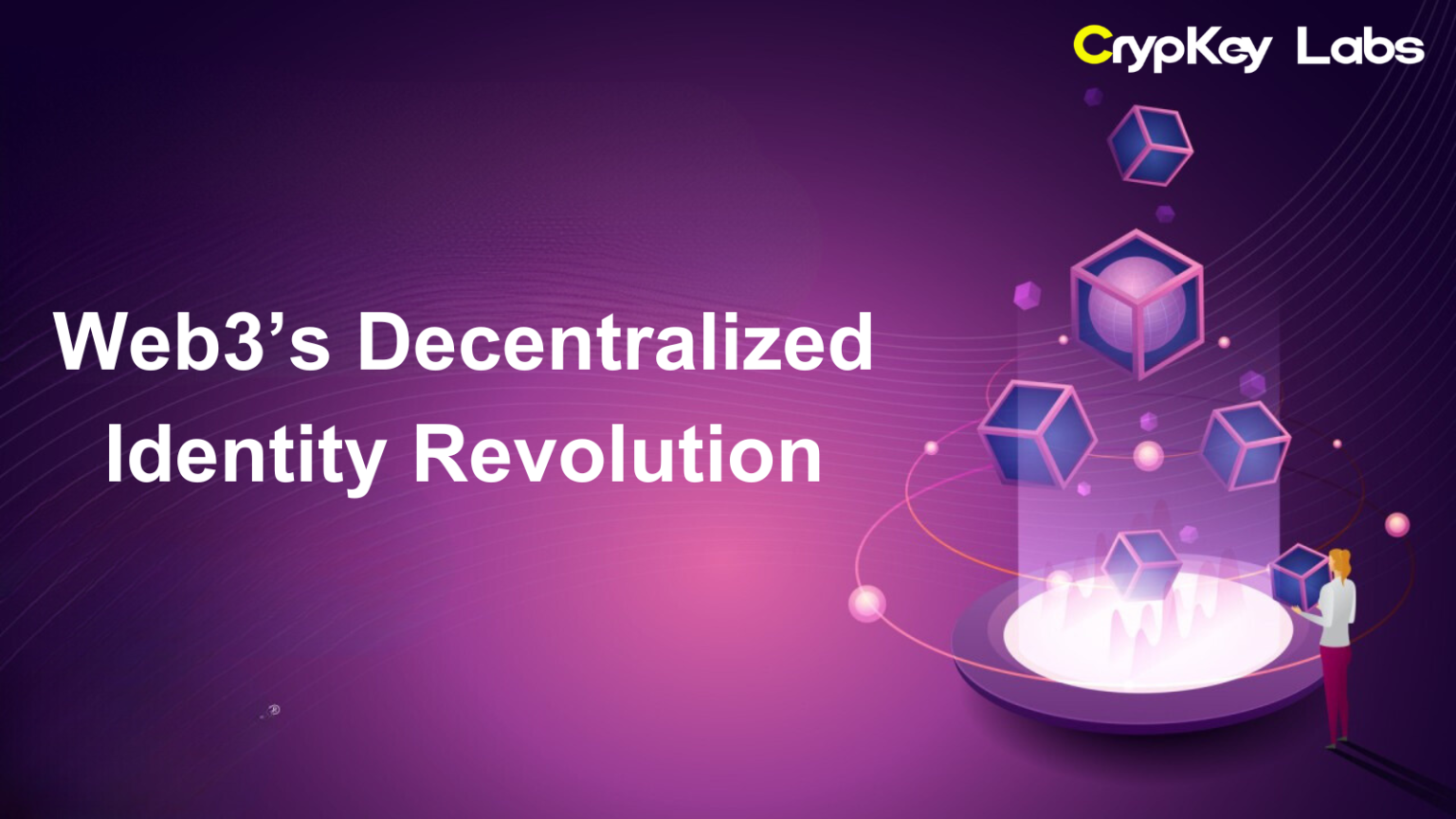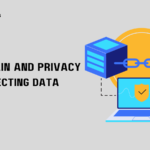In the current digital landscape, our identities are often controlled by big tech giants. Whether we use Google to sign into websites or share personal information on social media platforms, we’ve grown accustomed to giving up control over our data. But Web3 is changing all of that, and at the heart of this change is decentralized identity—a revolutionary concept aiming to put individuals back in control of their online personas.
In this blog, we’ll dive deep into the world of decentralized identity, exploring what it is, why it matters, and how it’s shaping the future of the internet. Let’s get started!
What is Decentralized Identity?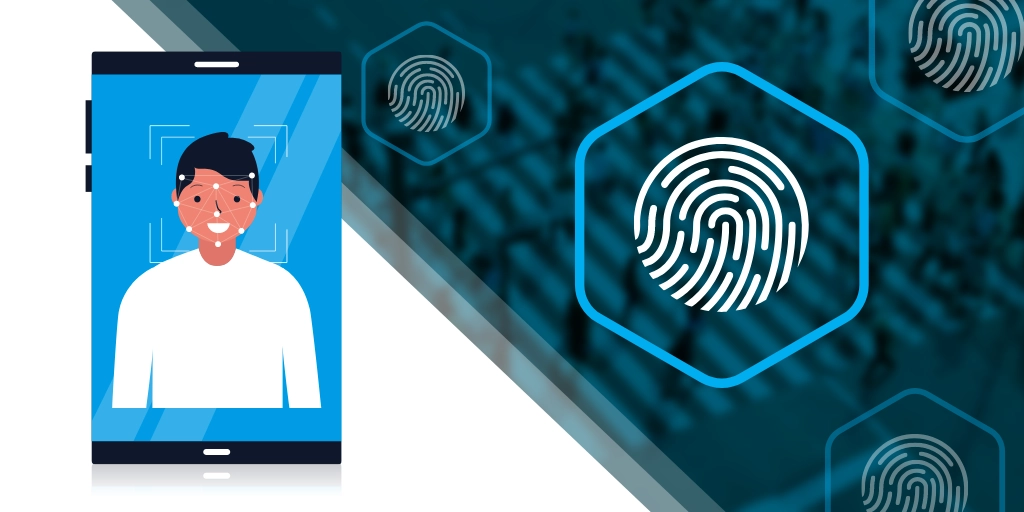
To understand decentralized identity, we first need to look at how identity works in the current, centralized system. Today, when you create an account or sign up for a service, you rely on a central authority to verify and manage your identity. This could be Facebook, Google, or even your bank. They store your data on their servers, and you trust them to keep it safe.
Decentralized identity flips this model on its head. Instead of trusting a central authority with your personal data, decentralized identity systems use blockchain technology to allow you to own and control your identity. You can decide who gets access to your information and how much of it they see. Essentially, you become your own identity provider.
In simple terms, decentralized identity lets you control your digital identity without relying on big corporations. It’s like carrying your identification in your own secure digital wallet instead of having someone else manage it for you.
Why Centralized Identity is a Problem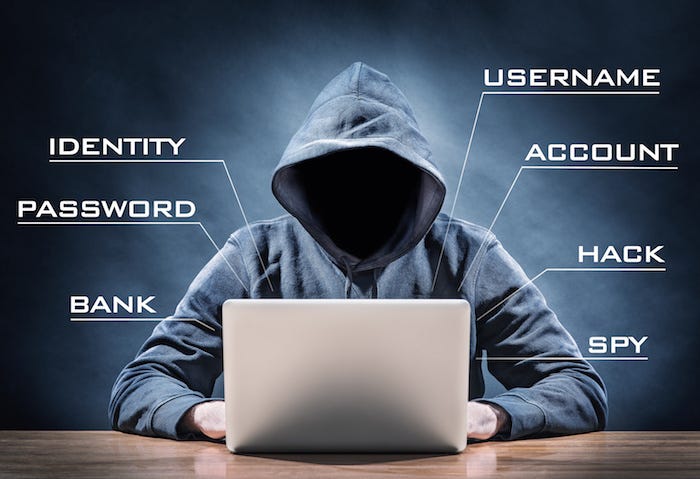
The traditional, centralized identity systems that we use today come with a host of problems. The most glaring issue is the security risk. Centralized systems store vast amounts of personal data in one place, making them prime targets for hackers. When a company like Facebook or Equifax suffers a data breach, millions of people’s personal information is exposed, leading to identity theft, fraud, and loss of privacy.
Beyond security concerns, centralized identity systems often result in data monopolies. Companies that control user identities also control vast amounts of personal data, which they often sell or misuse without your knowledge or consent. This raises serious privacy issues, as users rarely have control over how their data is being used.
The Benefits of Decentralized Identity in Web3
Decentralized identity offers a solution to these problems, giving individuals control over their own identities in a secure, private, and transparent way. Let’s look at some of the key benefits:
1. Ownership of Data
With decentralized identity, you own your data. Instead of relying on a third party to manage your information, you can store it yourself in a secure digital wallet. This means that you have full control over who can access your information and what they can see. For example, if a service only needs to know that you’re over 18, you can choose to reveal that fact without sharing your full birthdate.
2. Enhanced Security
Because decentralized identity uses blockchain technology, it’s inherently more secure than centralized systems. Data isn’t stored in one vulnerable location. Instead, it’s distributed across a network of nodes, making it extremely difficult for hackers to target and breach. Even if one node is compromised, the data remains secure. This greatly reduces the risk of massive data breaches.
3. Privacy and Selective Disclosure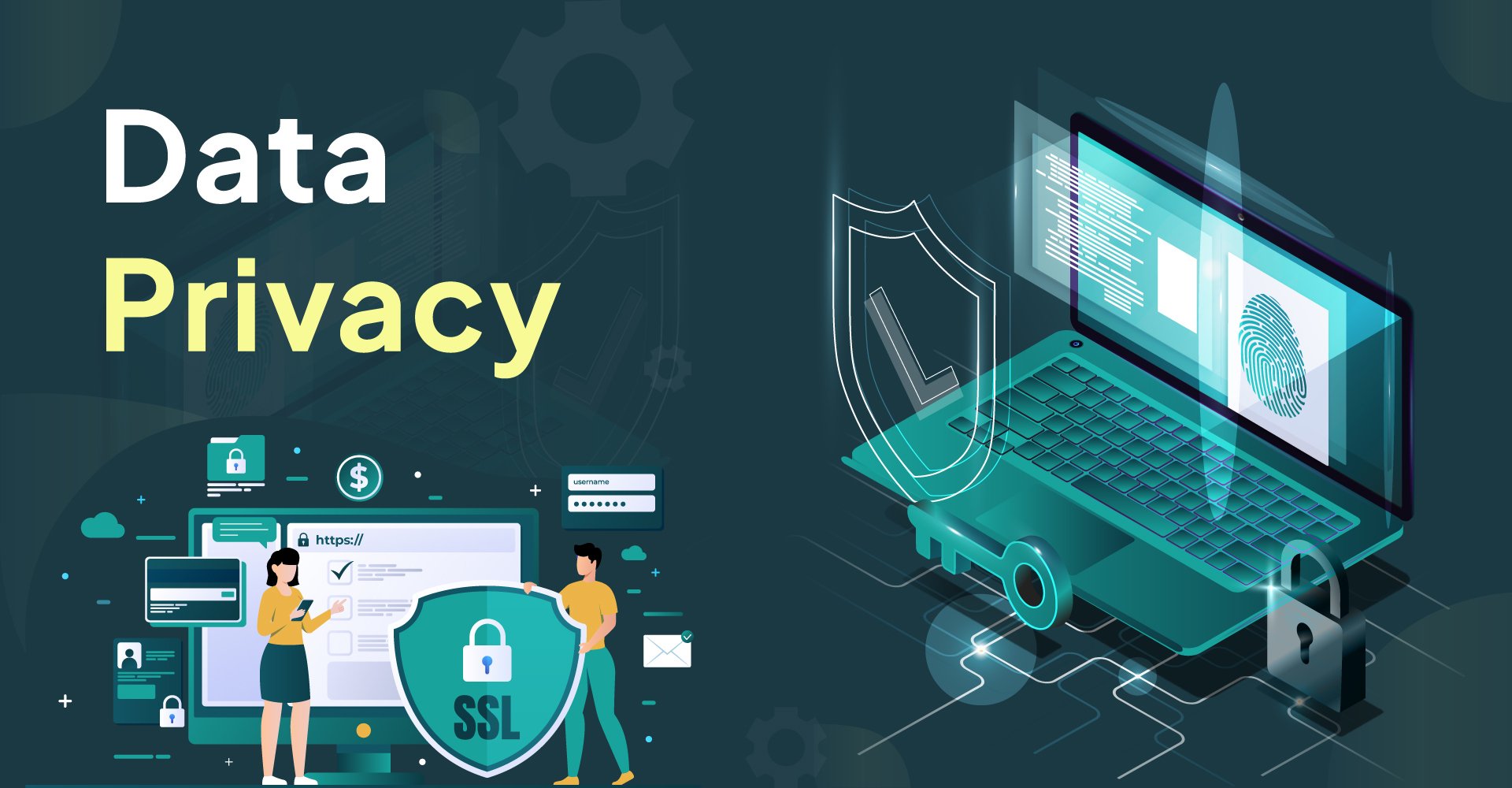
One of the most exciting features of decentralized identity is selective disclosure. This allows you to share only the information that’s necessary for a given interaction, keeping the rest of your personal data private. For instance, when proving your identity to access a service, you can share only the specific pieces of information required, such as your age or nationality, while keeping everything else hidden.
4. Interoperability Across Platforms
Decentralized identity systems are designed to work across multiple platforms. You can use the same identity for various Web3 services without having to create new accounts or share additional personal information. This creates a more seamless, user-friendly experience, as you don’t need to manage multiple identities across different platforms.
How Decentralized Identity Works
Now that we understand the benefits, let’s explore how decentralized identity actually works. There are a few key components that make decentralized identity systems possible:
1. Self-Sovereign Identity (SSI)
Self-sovereign identity (SSI) is the core principle behind decentralized identity. It means that individuals have complete control over their digital identities. Unlike traditional systems, where organizations create and manage identities on behalf of users, SSI allows users to create and manage their own identities. This puts the power back into the hands of the individual.
2. Verifiable Credentials
Verifiable credentials are digital certificates that can be issued by trusted entities to verify certain aspects of your identity. For example, a university might issue you a verifiable credential to prove that you hold a degree. These credentials can be stored in your digital wallet and shared with others as needed. The beauty of verifiable credentials is that they can be cryptographically verified, ensuring that they are authentic and haven’t been tampered with.
3. Decentralized Identifiers (DIDs)
Decentralized Identifiers (DIDs) are unique, self-owned identifiers that are used in decentralized identity systems. Unlike traditional identifiers (like email addresses or usernames), DIDs aren’t tied to any central authority. They are stored on a blockchain, allowing you to prove your identity without relying on a third party. DIDs form the foundation of your decentralized identity, enabling you to manage your own identity and share it with others securely.
Real-World Applications of Decentralized Identity
The potential applications of decentralized identity are vast, and they are already being explored across various industries. However, it’s important to note that decentralized networks are not yet a major part of the following sectors, but their future integration promises enhanced security:
Finance
In the world of decentralized finance (DeFi), decentralized identity can simplify access to financial services while preserving privacy. Currently, users often need to provide sensitive personal information to banks or lenders. However, in the future, they will be able to verify their identity using verifiable credentials, keeping their personal details private. This advancement could also empower individuals in underserved regions to access financial services without relying on traditional banking.
Healthcare
Decentralized identity has the potential to revolutionize healthcare. At present, medical records are frequently scattered across various hospitals and clinics, making it challenging for patients to access their own information. With decentralized identity, patients could securely store their medical records in a digital wallet and share them with healthcare providers as needed. This future implementation would grant patients greater control over their health data, ensuring it is only shared with authorized individuals.
Social Media
Social media platforms are notorious for collecting extensive personal data. Currently, users often have little control over their online personas. In the future, decentralized identity will empower users to decide what information to share and with whom, reducing the risk of privacy violations. This shift could also help combat issues like online harassment and identity theft by allowing users more control over their digital presence.
E-commerce
In e-commerce, decentralized identity could streamline the checkout process by eliminating the need to create multiple accounts or share sensitive payment information. Currently, users must provide personal details during transactions, but future adoption of decentralized identity will enable them to verify their identity and make purchases securely, without divulging unnecessary information.
Challenges and Limitations
While decentralized identity offers numerous benefits, there are still some challenges to overcome:
1. Adoption Barriers
One of the biggest challenges is getting people and organizations to adopt decentralized identity systems. Many users are accustomed to centralized systems, and convincing them to switch to a decentralized model may take time. Additionally, businesses that profit from collecting user data may be resistant to the idea of decentralized identity.
2. Usability Issues
Decentralized identity can be more complicated to use than centralized systems, particularly for non-technical users. Setting up a digital wallet, managing credentials, and understanding blockchain technology can be daunting for some users. To succeed, decentralized identity systems will need to become more user-friendly and accessible.
3. Scalability
Decentralized identity systems also face scalability challenges. As the number of users grows, the blockchain networks that support decentralized identity may struggle to handle the increased demand. Ensuring that these systems can scale to accommodate billions of users will be critical to their success.
The Future of Decentralized Identity in Web3
Despite the challenges, decentralized identity has the potential to revolutionize the internet. As more people become aware of the risks associated with centralized identity systems, the demand for decentralized alternatives will likely grow. In the coming years, we may see decentralized identity become the standard across industries, from finance to healthcare and beyond.
Web3 is already paving the way for a more secure, private, and user-centric internet, and decentralized identity is at the heart of this transformation. By giving individuals control over their own identities, decentralized identity is empowering users and reshaping the digital landscape.
Conclusion
The decentralized identity revolution is here, and it’s poised to change the way we interact with the internet. By eliminating the need for central authorities, decentralized identity puts users in control of their own personal information, offering enhanced privacy, security, and freedom. As Web3 continues to evolve, decentralized identity will play a crucial role in creating a more trustworthy and open digital world.
Now is the time to explore decentralized identity solutions and be part of this exciting revolution. The future of the internet is decentralized, and your identity should be too.

